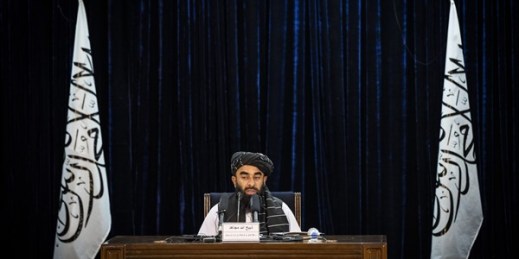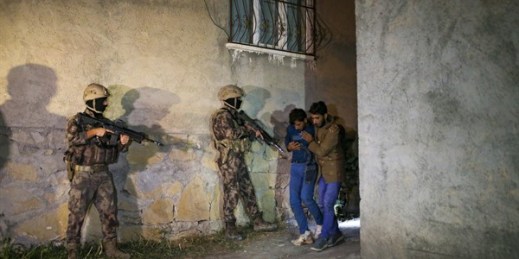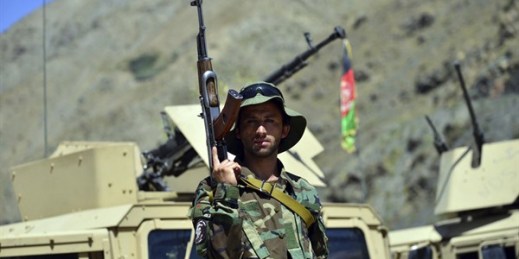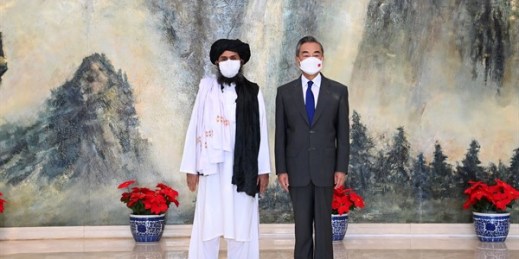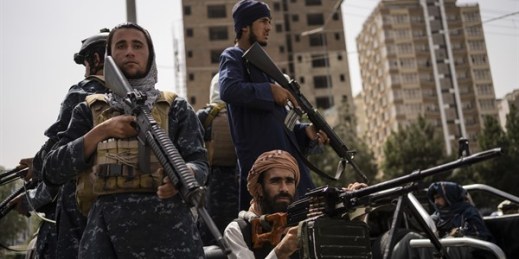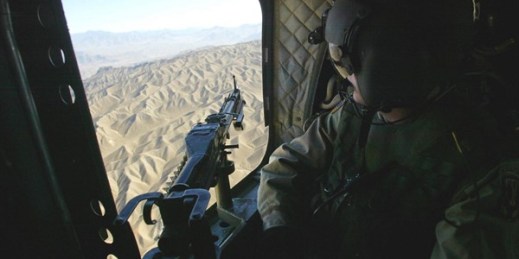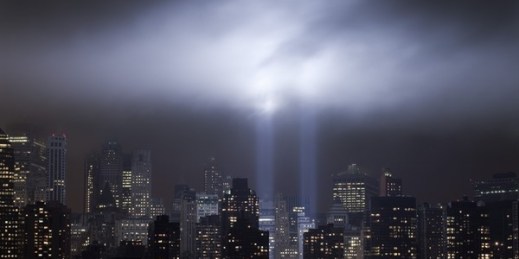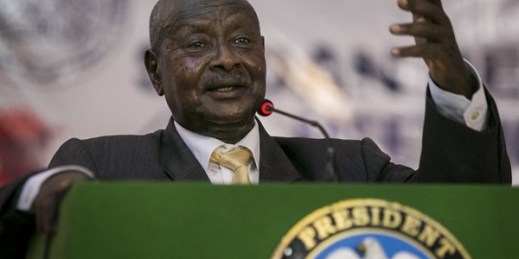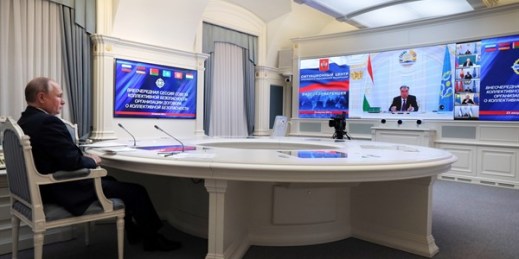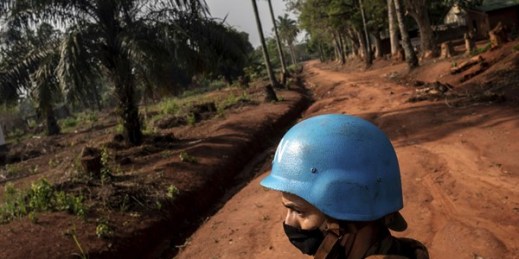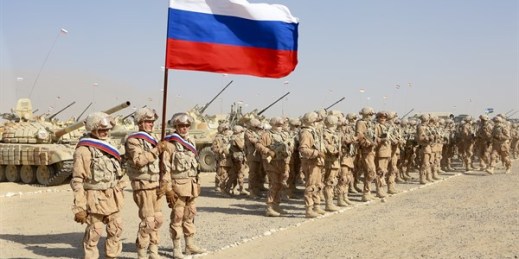
On Feb. 15, 1989, Col. Gen. Boris Gromov became the last Soviet commander to leave Afghanistan, crossing the Friendship Bridge into what was then the Uzbek Soviet Socialist Republic. Gromov’s departure ended the USSR’s decade-long military occupation of Afghanistan, characterized by some as the country’s version of the Vietnam War. Moscow left behind capable local security forces, infrastructure projects and a pipeline of assistance to support its client, the socialist government led by then-President Mohammad Najibullah. Although Najibullah’s government would hold out for another three years, Moscow’s Afghanistan debacle helped bring about the implosion of the Soviet empire between 1989 to […]

